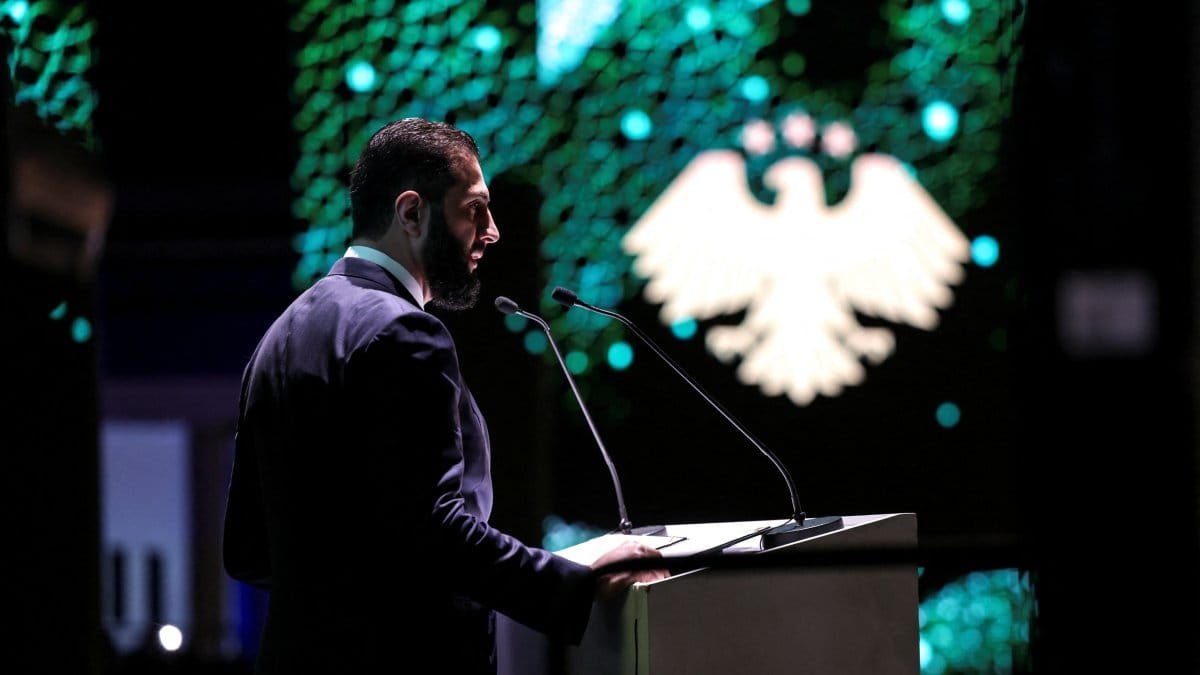Syria’s President Ahmed al-Sharaa has said that ongoing negotiations with Israel aimed at a security pact could produce tangible results “in the coming days,” as Damascus seeks to stem what it describes as destabilizing Israeli actions.
Speaking to reporters in Damascus, Sharaa stressed that any agreement must respect Syria’s airspace, preserve its territorial integrity, and include UN monitoring. He said Syria hopes the pact will lead to a halt to Israeli airstrikes and the withdrawal of Israeli troops from southern Syria.
There have reportedly been over 1,000 airstrikes and more than 400 ground incursions by Israel into Syrian territory since December 8, the date cited by Sharaa as when his predecessor was ousted. The sharp rise in these operations has been a central driver of Syrian urgency toward negotiating terms to reduce hostilities.
According to media reports, Washington is pushing for Syria and Israel to conclude a deal ahead of the upcoming United Nations General Assembly, aiming to showcase diplomatic progress. Sharaa, however, denied any coercion from the U.S., describing Washington’s role as more mediatory than directive.
One sticking point is territory: while Syria is pushing for full withdrawal of Israeli forces, Israel is believed to wish to retain certain strategic positions seized post-December, notably Mount Hermon. At the same time, Sharaa said a peace-or-normalisation deal like the Abraham Accords is not currently under consideration.
Earlier in July, Sharaa suggested the pact was almost finalised—just days away from agreement—but negotiations stalled amid violent clashes in the southern province of Sweida. He condemned recent Israeli strikes near the presidential palace as a “declaration of war,” though Syria has to date held back from military retaliation, citing its diplomatic strategy.
The proposed security pact draws parallels with the 1974 disengagement agreement between Syria and Israel, which established a demilitarised zone following conflict. Damascus appears to hope that reinstating something akin to those agreements might help stabilise borders and reduce cross-border tensions.





